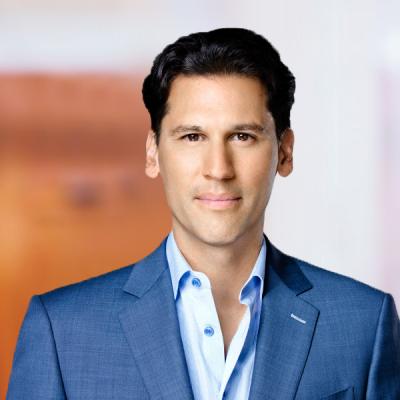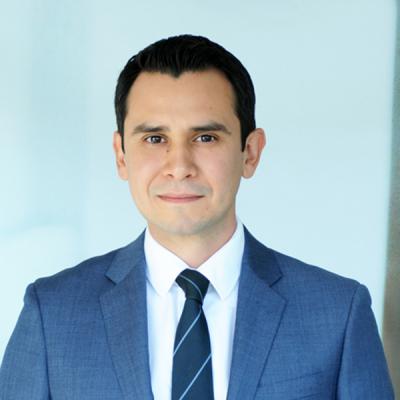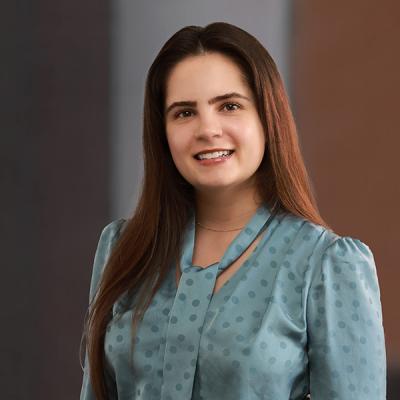Telephone and Texting Compliance News — March 2025
We are pleased to present our latest edition of Telephone and Texting Compliance News, providing insights and news related to the Telephone Consumer Protection Act (TCPA). In this month’s Regulatory Update, we cover two Petitions for Declaratory Ruling filed with the FCC that seek clarity on several TCPA consent rules amid a recent surge in TCPA lawsuits. A petition filed by the Ecommerce Innovation Alliance (EIA) asks the FCC to confirm that express written consent allows telemarketers to make solicitations through calls or text messages during the FCC’s “quiet hours” between 9:00 pm and 8:00 am. The EIA also wants confirmation that it can use the number’s area code and prefix to determine a mobile phone’s location. Alternatively, the EIA asked for a waiver of the “quiet hours” rules because the FCC has not addressed how telemarketers can determine the location of a called party who is using a mobile device. The Edison Electric Institute’s petition seeks clarification that utility companies may utilize non-marketing, informational “demand response” calls and text messages that encourage short-term reductions in electric use during periods of system-wide high usage or imbalances. For both petitions, comments and reply comments are due by April 10 and April 25, 2025, respectively.
In our Litigation Update, we explore how the Seventh Circuit’s recent decision in Hulce v. Zipongo offers important insights as to what qualifies as a “telephone solicitation” under the TCPA. The case centered on calls and text messages the plaintiff received from nutritional consultant Foodsmart, which discussed how the plaintiff could receive free healthcare consultations from Foodsmart through his healthcare plan. After the lower court granted Foodsmart’s motion for summary judgment, the Seventh Circuit took up the case. At the appellate level, the majority held that since Foodsmart’s communications encouraged the plaintiff to use services that were free to him, they could not constitute “telephone solicitations” under the TCPA.
If you have suggestions for topics you’d like us to feature in this newsletter, or any questions about the content in this issue, please feel free to reach out to an attorney on Mintz’s TCPA and Consumer Calling Practice team.
In This Edition
Regulatory Update
Litigation Update






